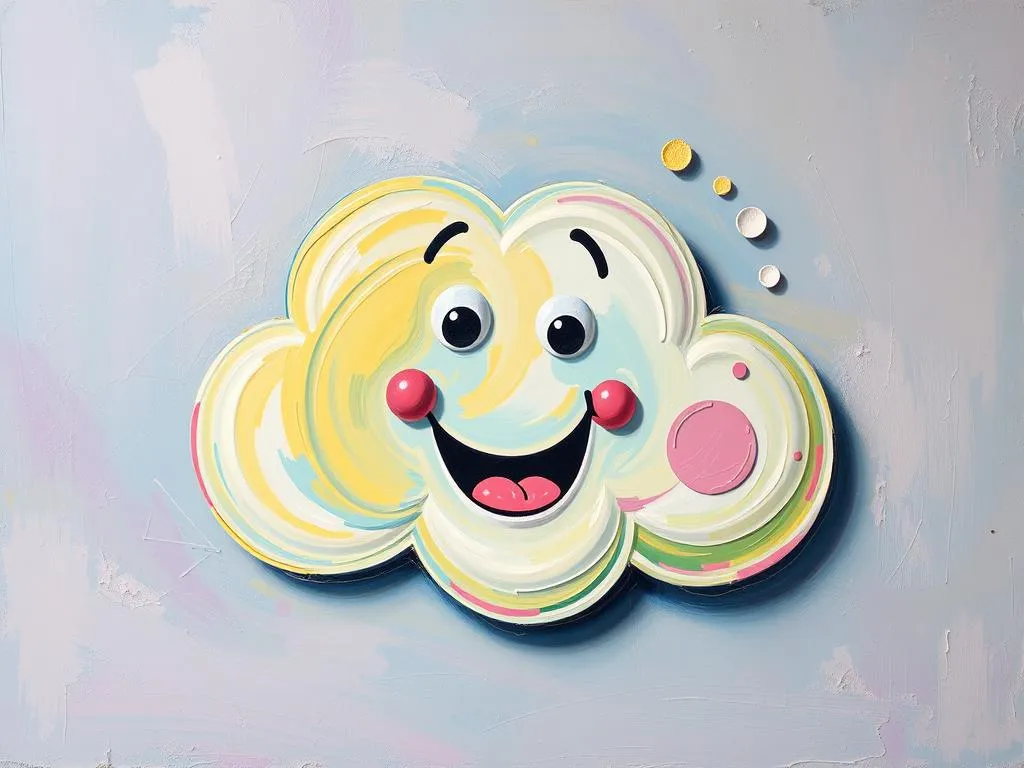
Introduction
Dreams have long fascinated humanity, serving as windows into our subconscious minds. They often weave together experiences, emotions, and symbols that can reflect our inner thoughts and feelings. Among the myriad of dream themes, the concept of a “flop”—often involving failure, embarrassment, or a sense of inadequacy—carries significant weight. Such dreams can leave individuals feeling anxious or unsettled, prompting a need for deeper exploration. Understanding the symbolism and meanings behind these “flop” dreams is not only relevant but essential for personal growth and self-awareness. In this article, we will delve into the common symbols associated with these dreams, explore different variations, and connect the insights to real-life situations.
Symbolism and Meaning
Dreams about flops often center around feelings of failure or disappointment. These dreams can manifest in various forms, such as failing an exam, forgetting lines during a performance, or experiencing a public embarrassment. At the core of these dreams lies the fear of not meeting expectations—both those set by oneself and those imposed by others.
One prevalent symbol in flop dreams is the stage. When an individual dreams of performing poorly on stage, it can reflect a fear of being judged or evaluated by others. This scenario is particularly resonant for individuals who place significant importance on the opinions of peers or authority figures. The stage symbolizes a platform where one’s abilities are showcased, and any perceived failure can evoke feelings of vulnerability.
Another common symbol is the audience. In the context of flop dreams, the audience can represent various societal pressures. It may embody the expectations of family, friends, or colleagues, highlighting the weight of external validation. A dreamer might find themselves under scrutiny, amplifying feelings of inadequacy and self-doubt. This audience can also reflect the dreamer’s internal critic, suggesting that they may be overly harsh on themselves in waking life.
Inadequacy is another critical theme in flop dreams. This feeling often stems from comparing oneself to others, leading to a sense of not measuring up. For instance, dreaming of losing a race can symbolize a fear of not achieving one’s goals or falling behind peers. Such dreams may serve as a call to reflect on personal aspirations and self-worth, encouraging individuals to recognize their unique paths rather than engaging in detrimental comparisons.
The emotional tone of these dreams can significantly influence their interpretation. A dream that evokes intense feelings of shame or embarrassment may point to unresolved issues related to self-acceptance or past experiences of failure. Conversely, a more humorous or lighthearted interpretation of a flop can suggest a need to embrace imperfections and recognize that everyone experiences setbacks.
Key Scenarios and Variations
Flop dreams can take on various forms, each scenario presenting a unique angle on the underlying themes of failure and self-perception. Understanding these variations can offer deeper insight into one’s emotional landscape.
One common scenario involves academic failure, such as dreaming of failing an important exam. This type of dream may reflect anxiety about performance or fear of not being prepared for upcoming challenges. For students or professionals facing high-pressure situations, such dreams can serve as a manifestation of stress. They often signal a need to manage anxiety and bolster self-confidence in one’s abilities.
Another prevalent variation is the performance dream, where individuals find themselves forgetting lines or missing cues during a critical moment. This scenario can evoke feelings of panic and vulnerability, underscoring fears of judgment. In this context, the dream may symbolize a fear of public speaking or social interactions, suggesting that the dreamer may need to confront their anxieties head-on in their waking life.
Dreams featuring social blunders—such as tripping in public or saying something embarrassing—can also be seen as flop dreams. These scenarios often highlight the dreamer’s fear of how they are perceived by others. The emphasis on public perception can indicate a desire for acceptance and the need to navigate social dynamics more comfortably. In this case, the dream may be encouraging the dreamer to embrace their authentic self and let go of the fear of judgment.
A particularly striking variation is the repeated failure dream, where the dreamer experiences the same flop scenario multiple times. This repetition can be indicative of unresolved issues or persistent fears that need attention. The dream may be urging the individual to confront these fears directly or to explore the underlying causes of their anxiety.
Ultimately, the context of the dream plays a pivotal role in interpretation. For instance, a flop dream that occurs in a familiar setting may resonate differently than one set in an unfamiliar environment. Familiar settings can evoke nostalgia, while unfamiliar ones might suggest feelings of being out of control or lost. Understanding these nuances can enrich the interpretation process.
Real-Life Connections and Takeaways
Connecting flop dreams to real-life situations can offer profound insights into personal challenges and emotional states. These dreams often serve as mirrors, reflecting our anxieties and fears that may not be as apparent in our waking lives.
One of the primary takeaways from flop dreams is the importance of self-reflection. Individuals can benefit from examining the specific scenarios and symbols present in their dreams to uncover deeper emotional truths. Keeping a dream journal can be a useful tool for tracking recurring themes and understanding how they relate to daily life. Reflecting on recent experiences, pressures, or feelings of inadequacy can illuminate the connections between dreams and waking reality.
Moreover, these dreams can serve as a prompt to address underlying fears. If an individual frequently dreams of failing in social situations, it may indicate a need to work on social skills or address feelings of insecurity. Engaging in activities that foster self-confidence—such as public speaking workshops, social gatherings, or therapy—can help mitigate the anxiety that fuels these dreams.
It’s also crucial to practice self-compassion. Flop dreams often stem from a critical inner voice that perpetuates feelings of inadequacy. Acknowledging that everyone experiences failures and setbacks can help individuals cultivate a more forgiving attitude towards themselves. Embracing imperfections and recognizing that making mistakes is a natural part of growth can alleviate some of the pressure that these dreams signify.
Another important aspect to consider is the role of goal-setting. Flop dreams may highlight a disconnect between one’s aspirations and current reality. By setting realistic and achievable goals, individuals can create a sense of purpose and direction. Breaking larger objectives into smaller, manageable steps can also reduce feelings of overwhelm and boost self-esteem.
Finally, it’s essential to recognize that flop dreams can serve as an opportunity for personal growth. They often arise during times of transition, signaling that change is on the horizon. Embracing the discomfort associated with these dreams can lead to greater self-awareness and resilience. By navigating through feelings of failure and inadequacy, individuals can emerge stronger and more equipped to face future challenges.
In conclusion, flop dreams are rich in symbolism and meaning, offering valuable insights into our internal struggles and aspirations. By exploring the common symbols, variations, and real-life connections associated with these dreams, individuals can uncover essential truths about themselves. Reflecting on these dreams and engaging in self-reflection can pave the way for personal growth and a deeper understanding of one’s emotional landscape. So, the next time you find yourself experiencing a flop in your dreams, take a moment to reflect—there may be more to uncover than meets the eye.







